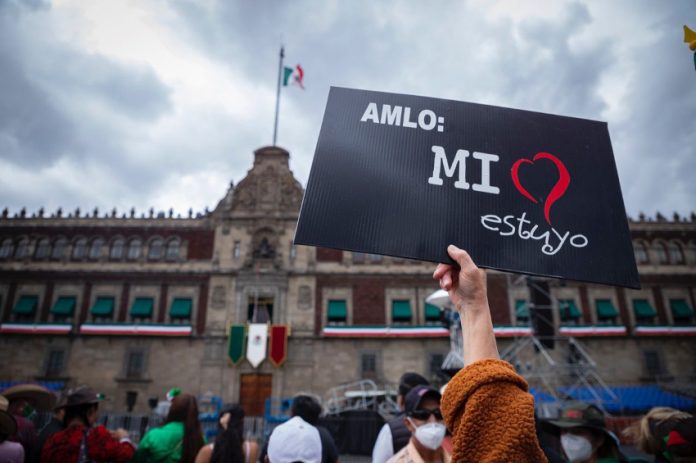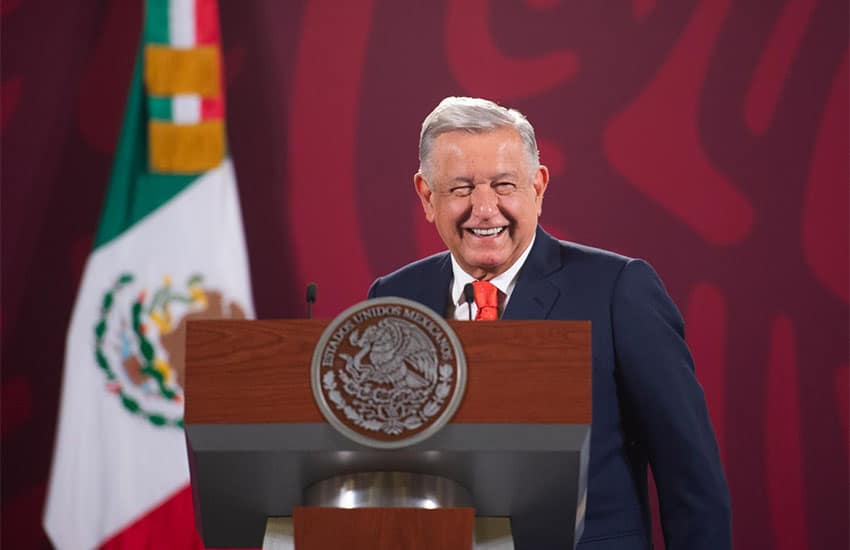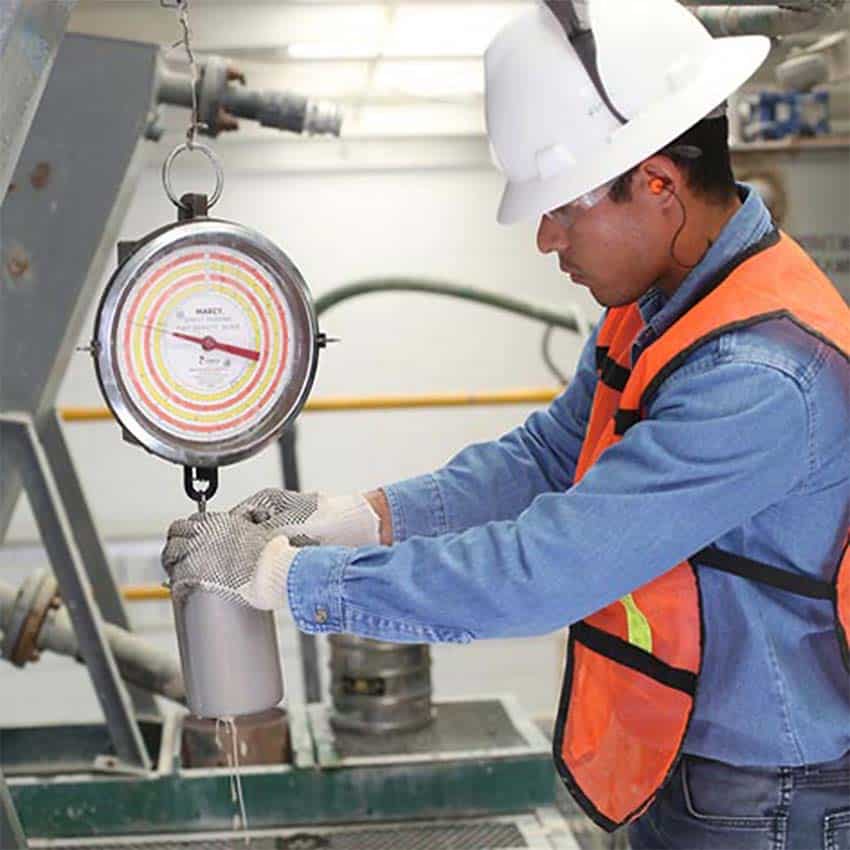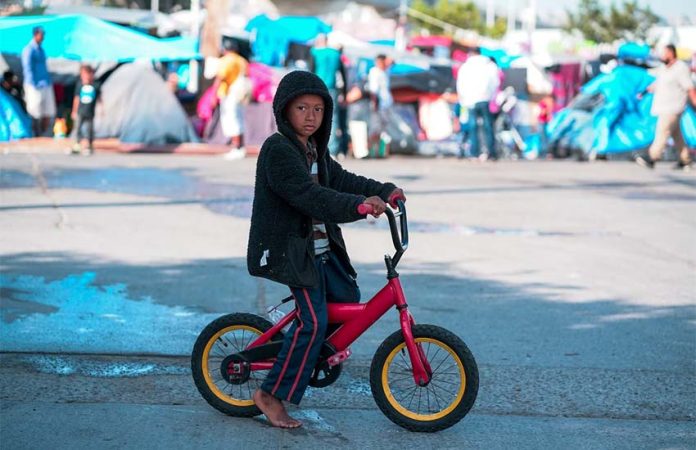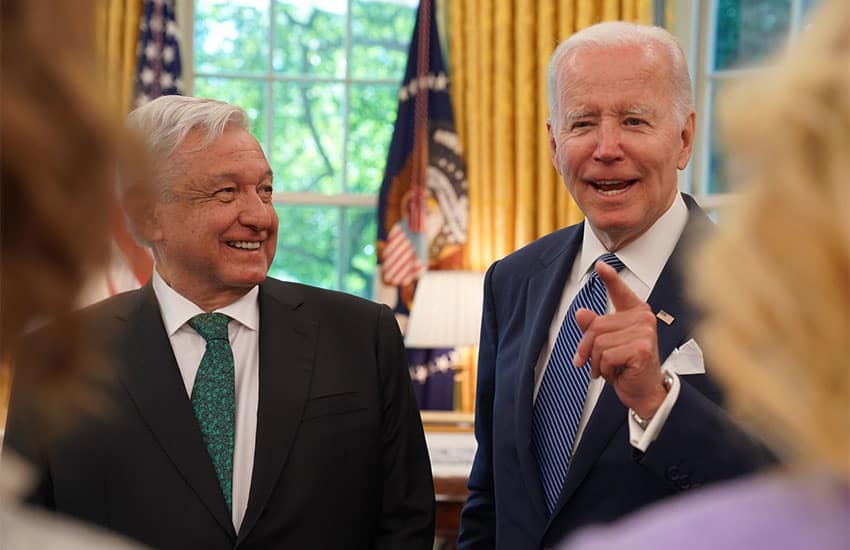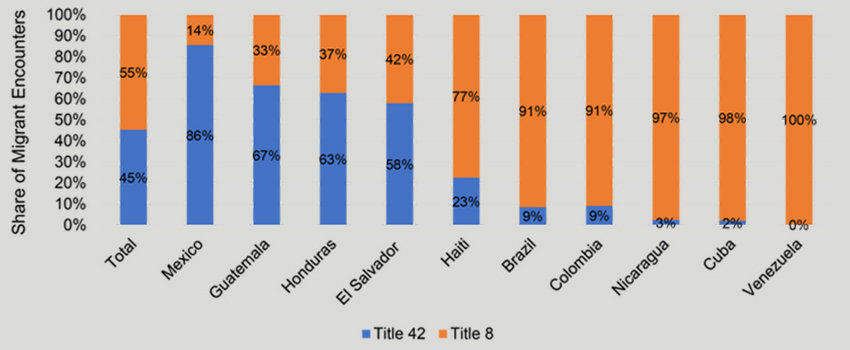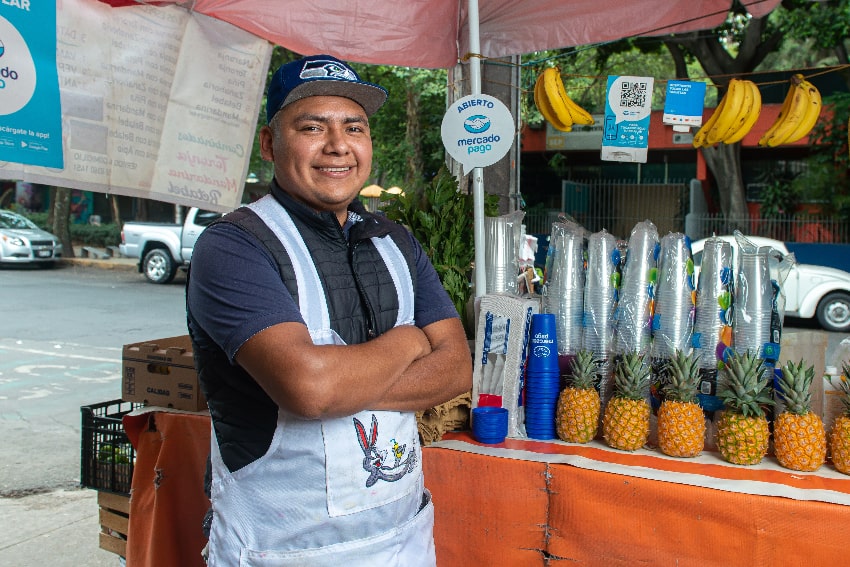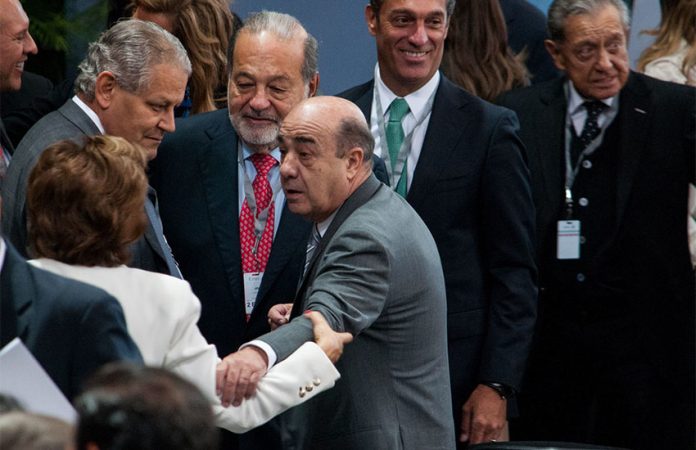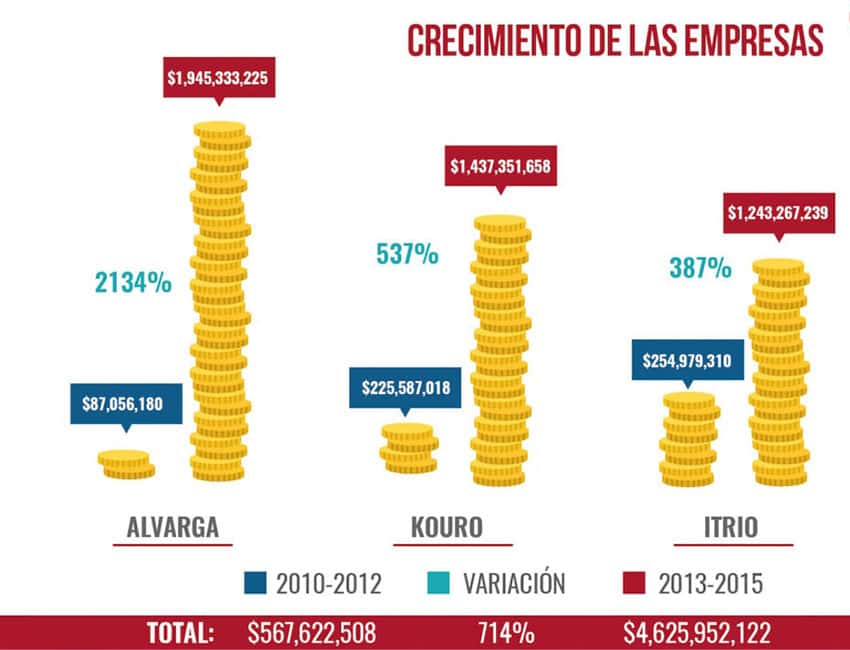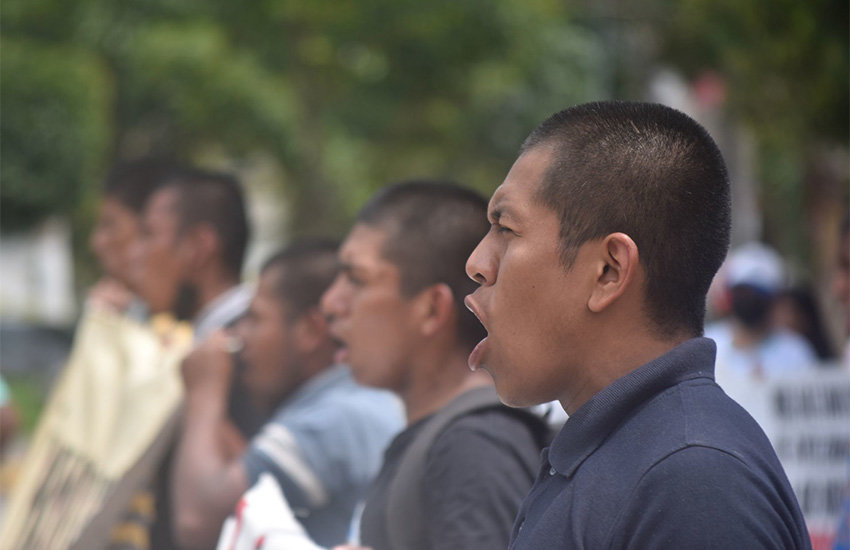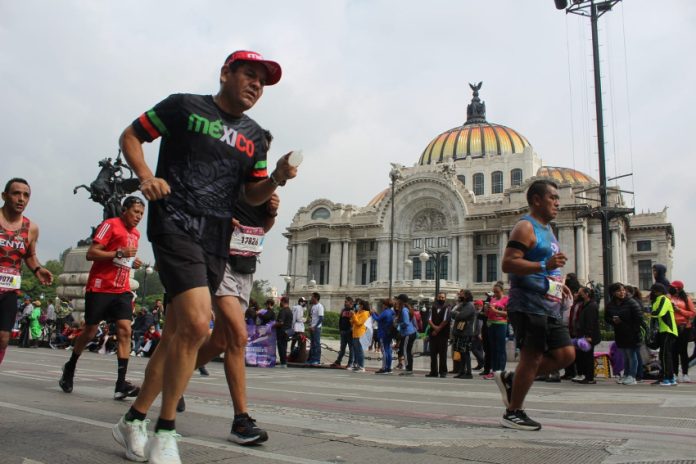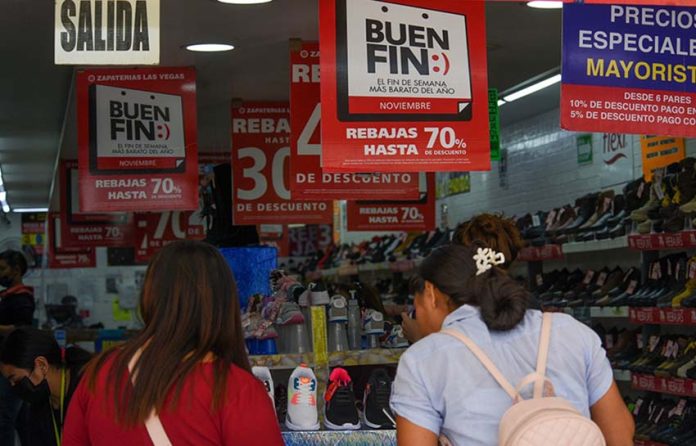“One of the first things we foreigners notice when we arrive [in Mexico] is that the treatment of animals is different,” says Rebecca Raab of Friends of Megan animal rescue, just outside of Oaxaca city.
Phaedra Barrat of the Balam Foundation puts it more bluntly. “Animal suffering is off the charts here.”
With one of the highest pet ownership rates in Latin America, it seems that Mexicans love animals. Fifty-seven percent of households have at least one, with dogs by far the most popular.
However, the federal Chamber of Deputies estimates that of the more than 18 million dogs in Mexico, only about 30% have an owner. Street animals live short, horrible lives, but those in homes may not fare much better. It also reports that Mexico ranks third in the world for animal cruelty. The federal statistics agency INEGI ranks it first in Latin America.

Abandonment and neglect is the most common, say representatives at Refugio Animal Alfa in Uriangato, Guanajuato. Dogs are often left chained alone in patios and on roofs with insufficient food, water or shelter, and many find themselves on the street only months after being taken in. We foreigners are not completely innocent either. In communities with snowbirds and other transient populations, rescues report expat residents taking animals off the street but then abandoning them when they go back to their countries of origin.
Even more heartbreaking, says Cathryn Cothran of The Ranch in Chapala, are animals whose owners die and leave no plan for them. They wind up on the street, almost always with zero survival skills.
What animal control exists most everywhere is inadequate at best. In Mexico City, 90% of animals captured on the street are put to sleep within 72 hours for lack of space. Municipal spay/neuter clinics are sporadic. According to Annette Thompson of Bone Voyage, most municipalities do not even have humane ways of euthanizing animals. Raab says it is not uncommon to leave out poison to “clean up the streets.”
Many ignore homeless animals, but not everyone. Some Mexicans and foreigners have stepped up to try and fill the gap. Rescue, sterilization and adoption organizations are almost always local, grassroots efforts, so the exact number is not known, but Avenue Dogs, a website that serves as a directory of animal shelters in all 32 states, lists over 100 groups.
Everyone wants these animals to find a home, and rescues do this whenever possible. Larger programs such as The Ranch and Friends of Megan can rehome dozens of dogs each month while providing shelter in the meantime.
In fact, there are rescues that work wholly or in part with counterparts in the U.S. and Canada to send animals there.
Mexico has an overwhelming number of dogs of all sizes, often more sociable than those from other countries, and volunteer humans fly north to escort the animals to new homes.
“What is really ironic is that these dogs really have no worth in Mexico… [but there,] people are willing to pay the expenses to adopt them,” Cothran says.

The cold reality, however, is that there are just too many for this to be the only population reduction strategy. All rescues stress the importance of sterilization. Even those focusing on adoption, like Border Tails of Illinois, will sponsor spay/neuter clinics in Mexico.
“[W]hen you see starving pregnant mothers rummaging through garbage, the need is obvious.” says Cathy Cairelli of Help Tulum Dogs.
Animal care education, especially for children, is also important but gets even less attention than sterilization does. Many still do not realize that dogs have many of the same physical and emotional needs that we do. Cats are at great risk, says Barratt, because they are not considered “useful” and superstitions about them being the “souls of the dead” still exist.
Almost all organizations run on donations. Foreigner-run ones often tap into sources north of the border as well as expat residents. Mexican organizations have it even tougher. Their donors are often poor, especially in cases like Refugio Animal Alfa.
Despite this, the Refugio rehabilitates the worst cases of abuse and neglect. Rita Resendiz rescues dogs in the far southeast of Mexico City, a daunting task, relying on earnings from her ceramic business.
As difficult as animal rescue is during good times, the pandemic complicated the situation further. Many families who lost jobs/income abandoned their pets, and false news reports that animals could transmit COVID-19 did not help.
Sterilization programs were shut to comply with COVID restrictions. Many Mexican organizations’ donations dried up.
But the pandemic had its most surprising effect on international adoptions. Although airlines and countries immediately restricted transporting pets, the demand for dogs grew exponentially as people were working at home. However, as people went back to work, interest plummeted; it’s only now starting to rebound.

But there are signs of positive change in Mexico.
The first is that attitudes towards companion animals are changing, especially among the young. As these newer generations — like their counterparts around the world — are more frequently waiting longer to have children — or choosing not to have them at all — they have coined the slang terms perrijo and gatijo, meaning “dog son/daughter” and “cat son/daughter” respectively. The terms imply pets who are treated like beloved children.
In August, for the first time, Mexico handed down jail time for animal cruelty, for the poisoning of two Red Cross dogs in Querétaro.
More families are accepting help in sterilization and vaccination, even in marginalized neighborhoods and remote villages, say Cairelli and Raab.
Animal rescues are in just about all communities, and they heartily welcome volunteers for all kinds of work: physical care of the animals, administrative work, fundraising and more. It is one way for expats to give back to Mexico.
And as Raab says, “Mexicans watch what we foreigners do.”
Leigh Thelmadatter arrived in Mexico 18 years ago and fell in love with the land and the culture in particular its handcrafts and art. She is the author of Mexican Cartonería: Paper, Paste and Fiesta (Schiffer 2019). Her culture column appears regularly on Mexico News Daily.

